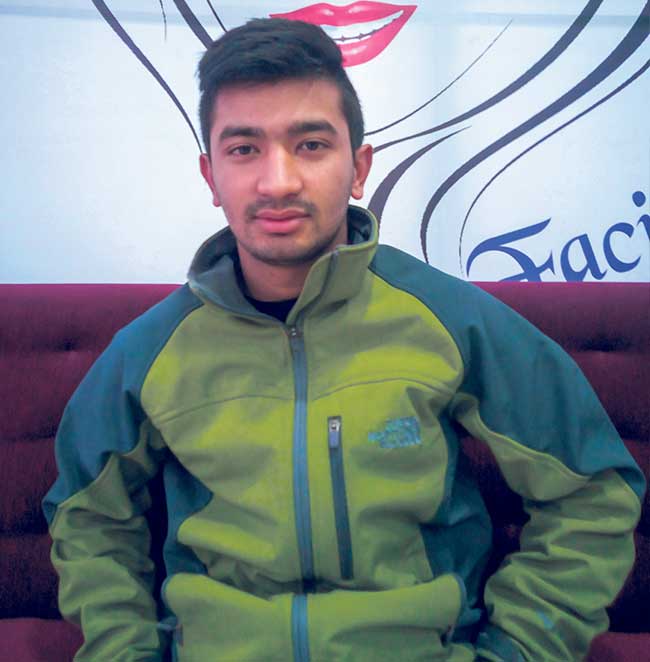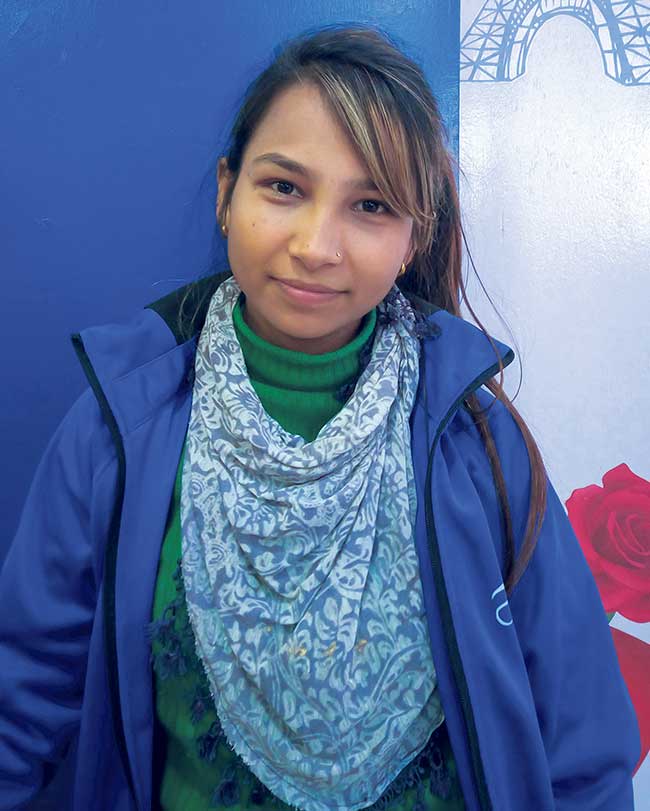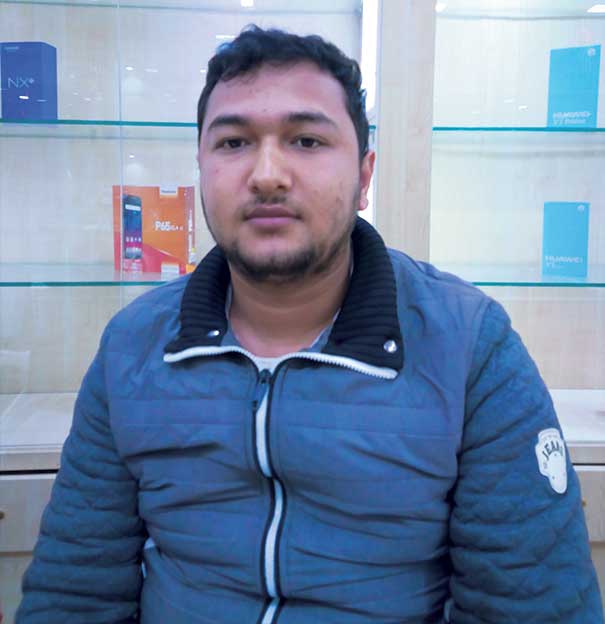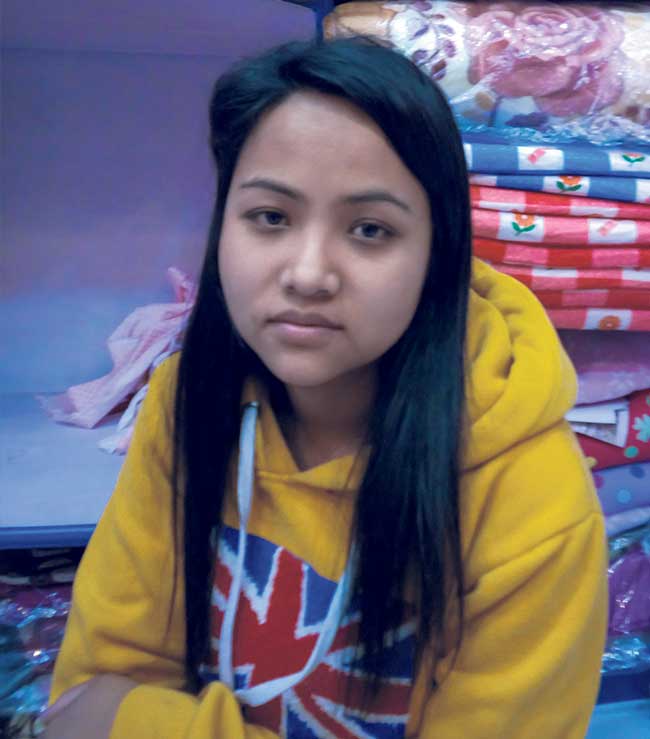Notable writer Jhamak Ghimire, who was born with cerebral palsy, won the most prestigious prize of Nepali literature, Madan Puraskar, in 2010 for her autobiography ‘Jeevan Kanda Ki Phool’. She has been an inspiration to many, while her life story is a tight slap to those who think differently-abled people do not possess the capability to survive in this dog-eat-dog world.
The International Day for Persons with Disabilities is celebrated worldwide on December 3 every year to promote the rights and well being of persons with disabilities. Though Nepal government has several policies to develop a disability-friendly society, proper implementation of these policies is definitely lacking. To know public views on the issue, Aditya Neupane from My City talked to a few people.
Understanding disability

 Rupendra Panta
Rupendra Panta
19 , BHM student at Liberty College, Kathmandu
Though I have heard about International Day for Persons with Disabilities, I am not too familiar with its concept. I believe we should support persons with disabilities to develop a disable-friendly society. Proper education and training would work better to develop the personality of differently-abled persons. In our country, many people still take disability as a result of sin in their previous lives. Such superstition has also pushed differently-abled people further into darkness.
 Sova Karki
Sova Karki
18, Beautician at Facial House, Udayapur
We have a lot of examples of differently-abled people who are successful in life. I think our governmental policies are not enough to support persons with disabilities. Mass communication media like radio, television and newspapers can play a vital role to aware people about various kinds of disabilities and tell people that differently-abled people are not unfit for the society. The tactile tiles in the middle of pathways are irregular and this creates difficulties for the visually impaired persons. I also feel the need for disable-friendly public toilets. The government should look into these matters.
 Jiban Shrestha
Jiban Shrestha
24, Sales Manager at The World Vision, Kathmandu
As we all know education is the main factor for development, we must educate people with disabilities in order to develop a disable-friendly society. I know that disable people are able to do everything that normal people can do if they get proper training, education and guidance. We have several policies in place in favor of differently-abled people like reservation in public transportation and tactile pavement, but they are not enough. To improve this condition, we first need to change our attitude toward differently-abled persons.
 Nisha Shrestha
Nisha Shrestha
23, Shopkeeper at A-one Collection, Sindupalchowk
I have been to several awareness raising campaigns for persons with disabilities and I don’t think such drives are enough to aware the people of rural areas on this issue as they still take disability as the result of sins in their previous lives. People that are struggling with different disabilities should come forward and share their stories to encourage others. All of us, including the government and society, should respect and treat differently-abled persons with dignity.



























-1200x560-1771928761.webp)









